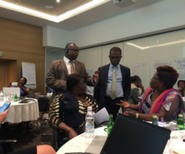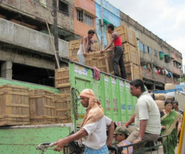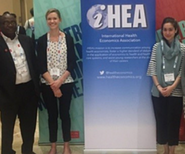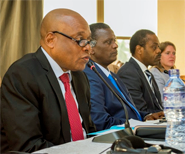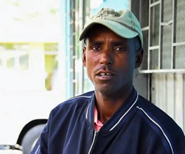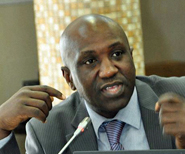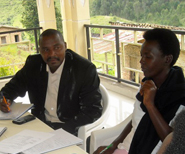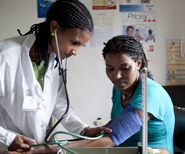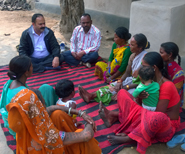“Domestic resource mobilization” is a hot topic in development. Stakeholders agree that domestic resource mobilization is the path to sustainable development finance. But what is domestic resource mobilization? What does it mean for the health sector?
Getting a Slice of the Pie: Tips & Tools for Increasing Public Funds for Health
